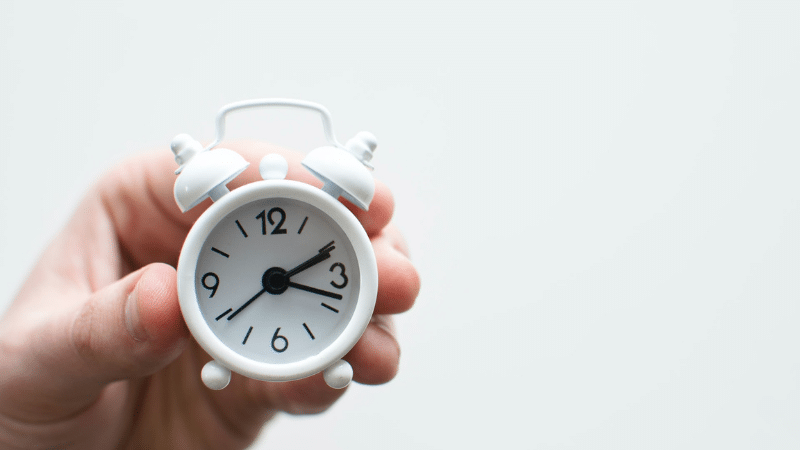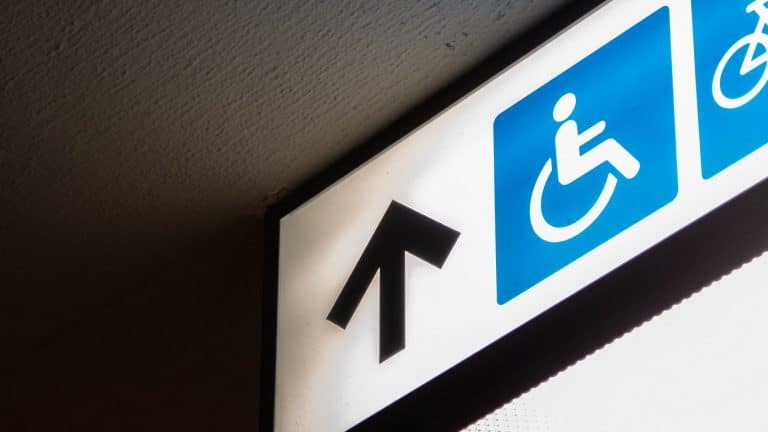When to Take Ashwagandha: Morning or Night?

Ashwagandha has been popular for a very long time. The plant-based adaptor has been used medically for thousands of years to alleviate many symptoms. You’ll need to know quite a few things if you’re considering using it, but the most important is when to take ashwagandha. Read on to discover!
Ashwagandha Uses
The numerous health and lifestyle benefits are responsible for ashwagandha’s growing popularity. The main reasons people take ashwagandha are anxiety and stress since, as an adaptogenic, it regulates your body’s stress response. Taking high-quality ashwagandha supplements can lower your overall stress levels.
Moreover, it also helps with sleep issues, so many people take ashwagandha before bed. And, since it helps the body build up strength and muscle mass, gym-goers and bodybuilders also love it.
You can get ashwagandha in multiple forms, including:
- tablets
- capsules
- oils
- gummies
- powders
- creams
That gives you multiple ways to take advantage of the supplement’s benefits, depending on your preferences. However, you’ll have to consider a few things beforehand. Knowing when to take ashwagandha for sleep is vital.
Best Time to Take Ashwagandha
So, when is the best time to take ashwagandha? Generally, you can take it any time of the day you want, but you should have your goals and tolerance level in mind before deciding on when you’ll use the plant supplement. You should also remember that ashwagandha doesn’t give immediate results, and you’ll have to take it for up to ten weeks before you notice any changes. However, multiple studies have proven that no matter if you take ashwagandha morning or night, it is effective:
- A 2019 study discovered that taking 125mg or 300mg twice a day for eight weeks effectively improves sleep quality and reduces stress levels.
- A 2020 study revealed that taking 300mg of ashwagandha twice a day for 12 weeks improves mental alertness and sleep quality in the elderly.
- A 2015 study shows that taking 300mg of ashwagandha twice a day enhances athletic performance.
- A 2018 study proves that taking just one 500mg dose of ashwagandha in the morning for 12 weeks improves strength in active men.
- A 2020 study discovered that taking 120mg of ashwagandha once a day two hours before bedtime for six weeks improves the overall sleep quality in healthy individuals.
You still may wonder—do I take ashwagandha in the morning or night? Well, it depends on you.
Taking Ashwagandha in the Morning
If you’re taking ashwagandha to enhance your overall health, you might want to take it in the morning as a part of your supplement and multivitamin routine. Just note that taking ashwagandha on an empty stomach could cause mild discomfort, so we recommend you take it after breakfast or with a snack.
Alternatively, if you’re more of a smoothie person, you can add ashwagandha to your meal replacement shake or oatmeal. Furthermore, one study found that some people are too sensitive to ashwagandha, so you might want to take it in the morning to avoid any sleep issues it might cause.
Taking Ashwagandha in the Evening
If you’re not overly sensitive to ashwagandha and need some help with your sleep, you can take ashwagandha powder mixed in moon milk in the evening. The mixture will calm you and help you fall asleep easier and stay asleep longer.
Risks and Negative Side Effects
Ashwagandha supplements are considered safe for most uses, but there are some side effects you could experience if you take high doses or don’t follow the manufacturer’s instructions. The most common ashwagandha negative side effects include:
- diarrhea
- vomiting
- upset stomach
Ashwagandha may also interfere with other supplements and medicines. If you’re on antidepressants, sedatives, or other medicines, we recommend you consult a medical professional before taking the supplement. Also, consult your physician if you’re pregnant or breastfeeding.
The Bottom Line
No matter if you need it to enhance your overall health, improve sleep, reduce inflammation, or improve mood, focusing on when to take ashwagandha, will guarantee you experience only its best sides. By staying safe, you’ll avoid the potential side effects and other risks often associated with ashwagandha.
FAQs
When should I take ashwagandha?
It can be challenging to determine the best time of day to take ashwagandha, and it depends on your needs, preferences, and your body’s tolerance for the supplement. One thing is sure, though—no matter if you take it in the morning or evening, it works.
Is ashwagandha good to take before bed?
Some of the active components in the ashwagandha are known to promote sleep. However, if you’re too sensitive to the supplement, you might want to think about taking it in the morning.
Should I take ashwagandha before or after meals?
It typically doesn’t matter. However, ashwagandha could cause mild stomach discomfort, so we recommend you take it after a meal or snack.
Is it okay to take ashwagandha every day?
Absolutely yes! Ashwagandha is safe for long-term use. However, you should always follow the manufacturer’s instructions and recommended period of use. The only thing you should worry about is when to take ashwagandha to reap the most benefits.






